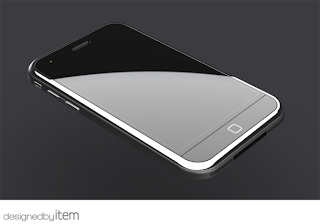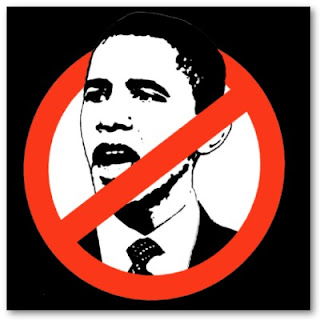Last night I went to watch the newly released film Captain America: The First Avenger with some friends. This was a newly released by Marvel Studios based on their "Avengers" universe -- with a planned film for all characters thus far portrayed (e.g. Incredible Hulk, Iron Man, Thor). I am not much a comic book person, but I generally like movies based on comics. Maybe it is because this type of movie have a foundation to build from, instead of having to create a completely new universe. The movie itself, Captain America: The First Avenger, turned out to be a good movie. I would still rank X-Men: First Class as the best movie I've seen (so far) this summer, but this one should be critiqued on its own merits.

For those new to the Captain America series (like myself), it is based on the character of...Captain America. Captain America is the namesake for Steve Rogers, a "scrawny" kid from Brooklyn who desires to enlist in the Army but is hindered from his physical limitations. Unlike the Captain America he would become, Rogers is short, skinny, and fraught with health problems. But he has intelligence and heart, two traits that would be critical in his selection to be genetically transformed into Captain America by an augmentation serum. Similar to Batman, Captain America has no superpowers outside of his genetic enhancements that supposedly make him the model of "human perfection" -- at least physically. For example, the serum-imbued Rogers is capable of sprinting for absurd amounts of time, lift incredible weights, and has photographic memory. His trusty weapon is the vibranium-built round shield, that is virtually indestructible (aka adamantium) yet light enough to throw around like a boomerang.
The movie opens in the present-day, as some excavators come across a frozen underground temple in a tundra environment. Unless you are extremely alert or read spoilers ahead of time, this scene does not make sense until the very end. One excavator digs up what obviously is the shield of Captain America, and elects to phone the "Colonel". We are thereafter immersed in a flashback in World War II. Apparently the Allied forces are winning the war against the Nazis but, known only to a select few, the Nazis have been fragmented into two groups: the traditional swastika-bearers, and a group known as "Hydra". The latter is commanded by the person who will become the Red Skull. We are shown the Red Skull obtaining Odin's cube and how Steve Rogers becomes Captain America. [I am skimping on the plot summary now because it's not important to the review.]
The first thing I liked about this movie was the characterization of Steve Rogers. Rogers is bullied by others and told multiple times that he called enlist, yet he is persevering and refuses to take "no" for an answer. Although he is physically limited by height and (lack of) muscle mass, he is to be very analytical (in the scene where he takes the flag from the pole, a-la Mulan) and selfless (in the scene of the mock grenade). These are qualities that are more important than brute strength alone. Rogers is also socially awkward throughout the movie: even after getting a physical upgrade to Captain America, he seldom flirts with women and focuses his attention on Agent Peggy Carter (a solid choice btw...). I like how the directors stayed consistent with their depiction of the serum's effects -- it results in only physical changes. Bottom line is, I think we can all identify with the pre-transformation Steve Rogers.
Another positive development in the movie was the blossoming relationship between Agent Peggy Carter and Steve Rogers. While the initial attraction is obvious, one would think one would jump the other after Rogers becomes Captain America. But they are able to deepen their work relationship and do not outwardly state their feelings for each other until the end. Frankly, I was saddened that there was only a single kiss before they parted ways. If the point was to portray the tragedy of their relationship, the directors have done very well.
On the other hand, I found it incredulous that "Hydra" was overcome so easily by a band of merry-men led by Captain America. "Hyda" had much superior technology (e.g. disintegration guns and mammoth tanks) but were taken down by Captain America's team. This did not make much sense -- except perhaps by the fact that their leader, Red Skull, was a maniac. For example, in the prison outbreak scene, the Allied prisoners manage to get their hands on Hydra weaponry quickly and use them effortlessly. Instead of fighting back, Red Skull elects to put the factory in self-destruct. I think the movie could have been more suspenseful had we been shown a demonstration of Hydra's power instead of simple allusions. In other words, Hydra is the typical "all bark, no bite" kind of bad guys.
Overall, Captain America: The First Avenger seem to have just the right amount of amount of action vs plot development. Action scenes were very good, even if Captain America did seem to channel his inner Achilles (e.g. Brad Pitt in Troy) a bit too much. I suppose the serum also boosts your senses to Spiderman-like levels? The humor contained also seemed just right: the audience I was part of laughed on the right occasions. Acting was, needless to say, very solid too. I like all the cast, especially the traditional obscenities-spewing American commander and the foxy romantic interest for the protagonist.
It's a 8/10 in my book.






















